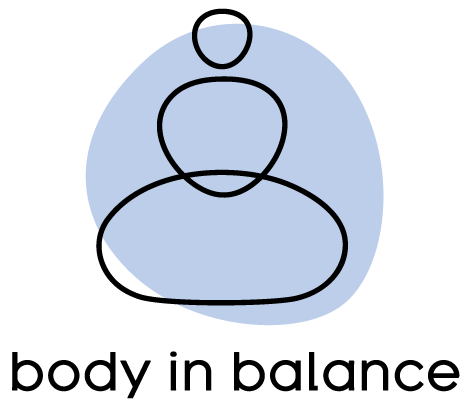Are You Operating in Survival Mode?
Our bodies and minds share a common characteristic: when not given the support they require to thrive, they enact survival mechanisms to keep us safe and alive.
For example, when the body is deficient in calories, nutrients, and/or sleep, it adapts to try to make up these deficits. It down-regulates certain functions, like metabolism and hormone synthesis, in order to use the limited/sub-optimal fuel available to maintain the internal organs and systems required to keep us alive. While this can be a minor setback for a short amount of time, chronic deficit in any one of these areas creates dysregulation in the body.
Likewise, when we experience trauma and prolonged periods of stress, our minds develop mechanisms to help “make sense” of the situation. If our childhood caretakers weren’t able to provide the nurturing and support we required, we may have internalized the belief that we aren’t worthy of love and care — which can play out in a myriad of behaviors and patterns throughout our lives if gone unaddressed.
These survival tactics cross over between body and mind — what is happening for one is inevitably reflected in the other. Trauma and chronic stress are stored in our physical bodies at a cellular level, which can result in mineral imbalances, inflammation, and impaired digestion and detoxification. Similarly, how we nourish and support our physical bodies has a direct effect on our mental functioning and is a reflection of the love and care we believe we deserve.
Though operating in survival mode is not ideal, it’s important to acknowledge the amazing resiliency of both body and mind in their sheer determination to keep us going. It’s a demonstration of our innate capacity to adjust and move forward. We are designed to adapt. The engines keep running to buy us the time needed to course-correct.
Our power lies in our ability to notice that this is happening. When we recognize the signals and symptoms that tell us our bodies and minds are struggling, we can turn our focus inward with curiosity to learn more. We can find and utilize tools to answer their calls for help. We can build trust in and appreciation for our bodies’ and minds’ ability to communicate their needs, and, by responding to those needs, we can deepen trust and the relationship with ourselves.
We can find and utilize tools to answer their calls for help. We can build trust in and appreciation for our bodies’ and minds’ ability to communicate their needs, and, by responding to those needs, we can deepen trust and the relationship with ourselves.
Are you operating in survival mode? Get curious.
Where do you notice your body and mind signaling that they might need support?
What tools might help support you in responding to those messages?
Are you eating enough? Are you getting enough nutrients?
How’s your digestion? Are you pooping at least once a day?
Are you sleeping enough? Is your sleep uninterrupted most nights?
How’s your stress level? Are you pushing yourself past your capacity on a regular basis? Where can you offer yourself more rest and ease?
Do you have any grief that wants to be acknowledged?
Do you have a practice that helps you tune into your body and mind?
Do you have a support team in place?
I like to revisit these questions regularly to assess where I might be operating in survival mode. From my experience, it can be easy to slip back into old habits — especially when life gets busy. Unless I’m intentional about it, reminding myself that there’s always time to pause and reflect, I can get caught up in the current of life and drift away from supporting my own needs.
How about you? Where can you better support your own needs?
Always rooting for you,
g

